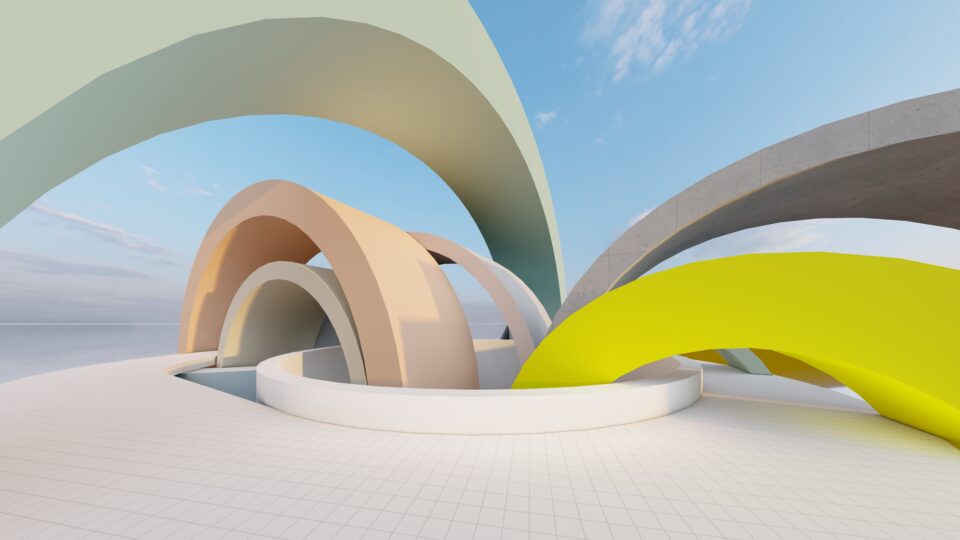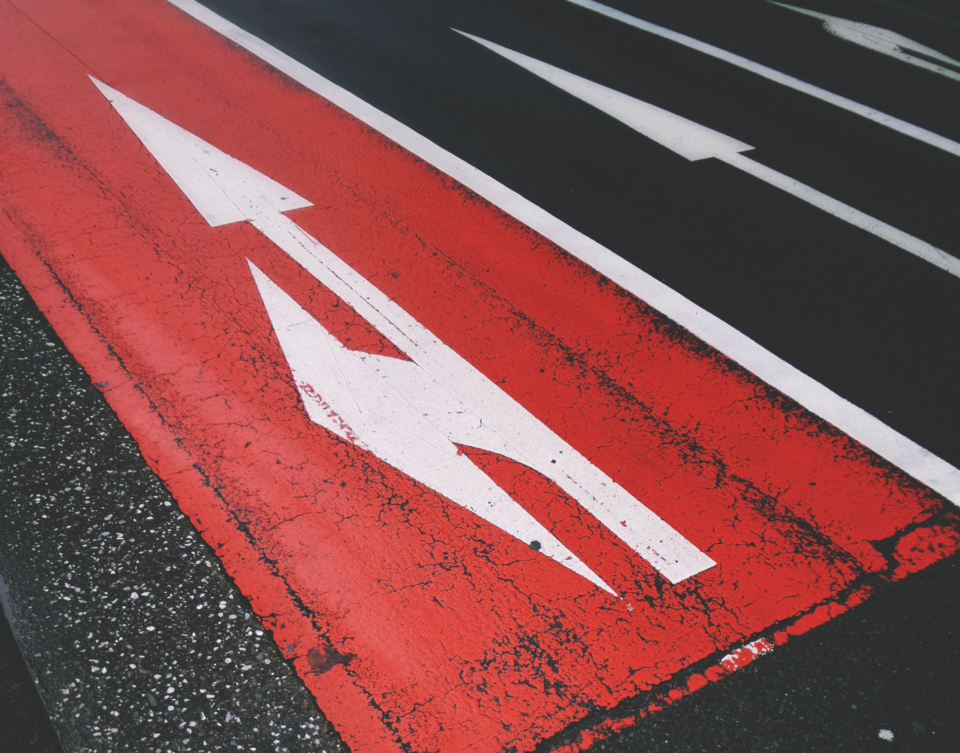TUM Think Tank
Where today's societal challenges meet tomorrow's technological excellence.
Accelerating Cities’ Green and Digital Twin Transition
The Urban Digitainability Lab (UDL) supports cities in advancing the twin transition by steering digital innovations towards sustainable goals. Cities face two transitions in concert: the green transition and the digital transition. The strategic coupling of these transitions—known as the twin transition—unlocks new opportunities for achieving climate neutrality and fostering more resilient, just, and liveable urban environments. The UDL aims to help municipalities to become frontrunners and laboratories for transformative solutions that merge digital and green agendas.
Addressing the Implementation Gap
The EU’s Green Deal, Germany's Smart City Charta, and the UN Charter set the foundation for moving towards green and digital cities through transformative innovation. However, many cities face challenges in implementing the necessary transformations. The UDL addresses this implementation gap by offering support to municipalities, facilitating the operationalization of their twin transitions. We assist public administrations in identifying barriers, drivers, and success factors for an effective integration of their sustainability and digitalization strategies.
Building Transformative Capacities
To ensure the twin transition's success, UDL focuses on building transformative capacities within municipal administrations. By facilitating research-practice interfaces, we equip public servants with the essential skills, tools, and networks necessary to envision, design, implement, and evaluate green digital transformation processes.
Our goal is to enhance transformative capacities in urban areas by:
- Developing and refining the knowledge base, skills, and tools needed to drive change within local communities.
- Facilitating networking and knowledge-sharing among municipalities, businesses, academic institutions, and community organizations.
- Promoting the exchange of ideas and collaboration between municipalities and academic institutions to foster innovation and progress.
- Strengthening and continuously improving the abilities of municipal administrations to lead transformative initiatives.
By fostering innovation, collaboration, and continuous learning, the UDL helps cities to effectively navigate and lead their communities toward a digitally empowered sustainable future.
Fields of Activity
The Urban Digitainability Lab will consist of four interrelated capacity-building activities:
Developing and refining the knowledge base, skills, and tools needed to drive change within local communities: We address the existing competence gap at the municipal level by developing training modules for public servants. Our activities involve identifying competency needs, developing learning modules with expert partners, and facilitating dissemination through a "train the trainer" approach and offering our training programs as open educational resources.
Facilitating networking and knowledge-sharing among municipalities, businesses, academic institutions, and community organizations: Our lab aims to enhance the flow of knowledge and best practices between municipalities. We achieve this by organizing workshops, seminars, and collaborative platforms that encourage the sharing of insights and solutions. By fostering a community of practice, we help municipalities learn from each other’s successes and challenges, thereby accelerating collective progress towards sustainability and digital transformation.
Promoting the exchange of ideas and collaboration between municipalities and academic institutions to foster innovation and progress: We build novel collaborative interfaces between cities and universities to harness academic insights for practical urban development. This involves creating frameworks for science transfer, such as policy-to-practice clinics or solution forums that link academic research with real-world urban challenges. These partnerships are designed to provide cities with access to the latest research, innovative ideas, and emerging technologies.
Strengthening and continuously improving the abilities of municipal administrations to lead transformative initiatives: Our focus is on improving the management of urban transitions by conducting applied research that addresses specific challenges faced by cities during transformation processes. We collaborate with municipal bureaucrats to identify these challenges and develop targeted research projects that result in practical, implementable solutions. The outcomes include scientific publications, actionable concepts, training materials, and comprehensive frameworks for effective transition management.
Thematic Tracks
Our work is organized into three thematic tracks—health, mobility, and living—which represent some of the main twin-transition challenges on the city level. These tracks run as focus areas across all activity fields.
How to Get Involved?
Join us at the Urban Digitainability Lab to contribute to our mission of transforming cities into sustainable, equitable, and technologically advanced communities. Whether you are part of a city administration, a researcher, or a tech innovator working in industry, start-up or civil society, there are numerous ways to collaborate and make an impact. For more information, contact felix.beer@hfp.tum.de.
Funding
The Mercator Foundation supports the implementation of the project at the TUM Think Tank in their area "Digitalized Society" with funding of approximately 1.3 million euros over three years. Carla Hustedt, head of the Digitalized Society area, emphasizes: "For the success of the digital transformation, it is necessary that the needs of the citizens are the focus. Against this background, we support actors who advocate for more transparency and participation in the actions of state actors. This project fits into this by attempting to align digital public services in urban areas more closely with sustainability goals and the needs of the citizens."
The Mercator Foundation is a private, independent, and non-profit foundation. Since 1996, it has been advocating for a supportive and participative society. To this end, it promotes and develops projects that improve opportunities for participation and cohesion in an increasingly diverse community. The Mercator Foundation is committed to an open, democratic Europe, a digital transformation of state and society oriented toward fundamental rights, and socially equitable climate protection.
TL;DR
The Urban Digitainability Lab is a transdisciplinary lab focused on empowering municipalities to drive a green and digital twin transition. Our mission is to build bridges between city administrations, scientific communities, and other stakeholders to co-create scenarios, pathways, and capacities for transformative change in urban areas.











